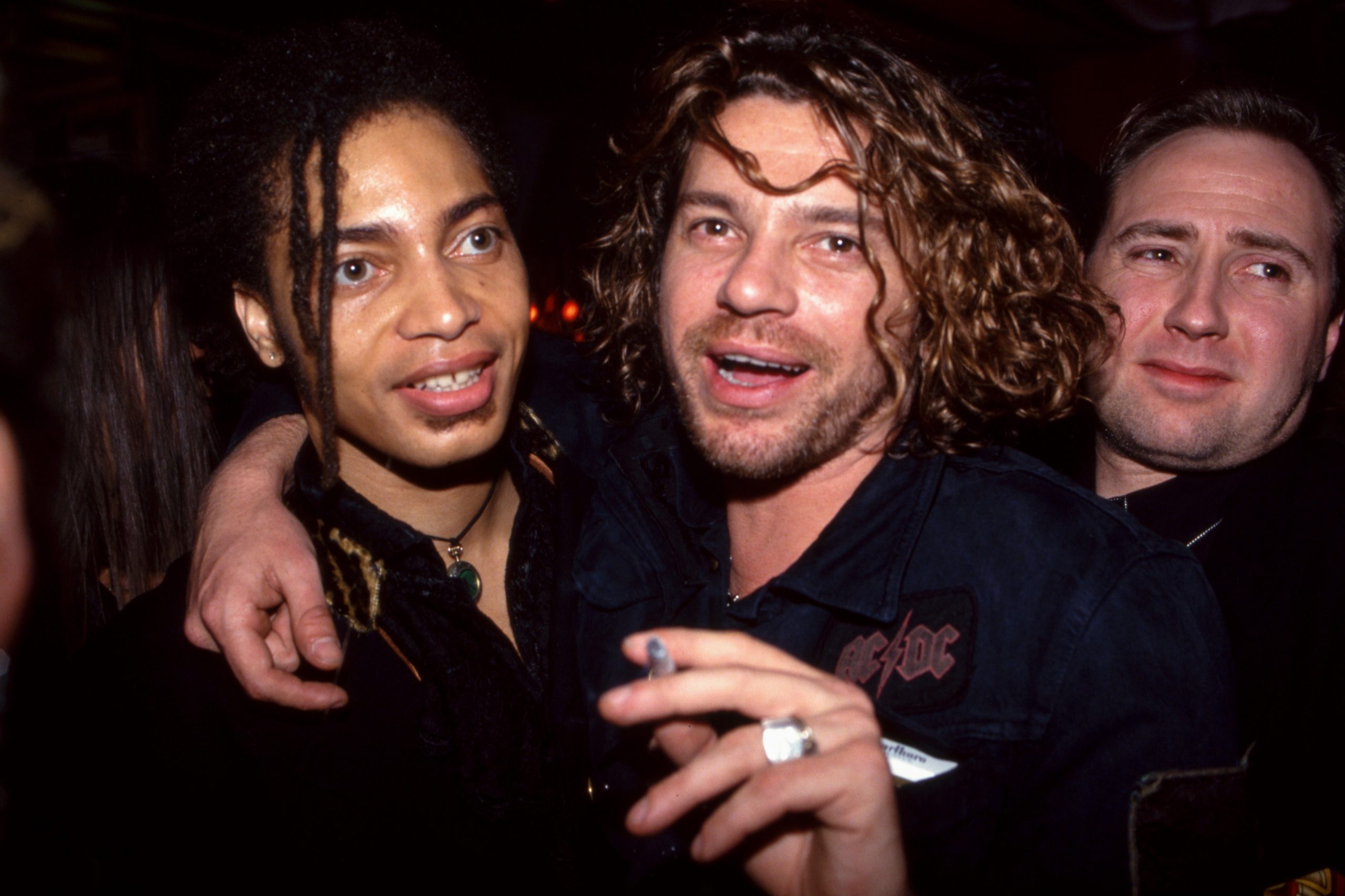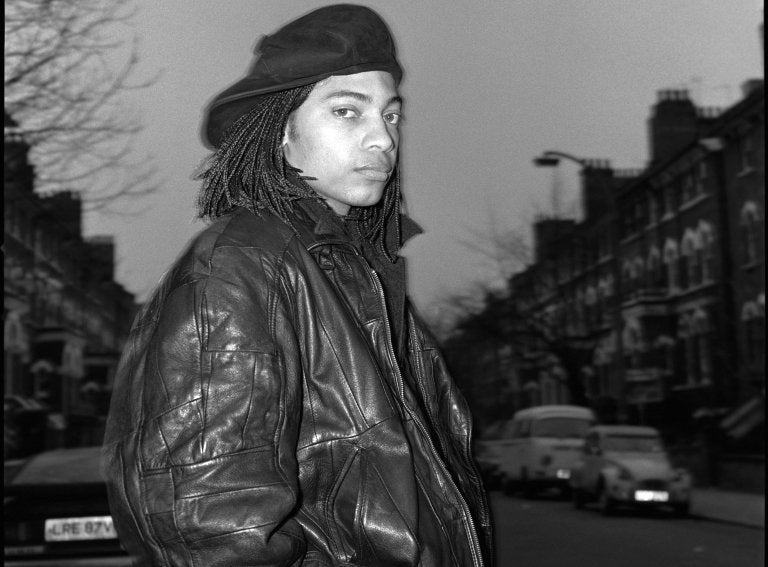# Remember Terence Trent D’Arby? Here’s What REALLY Happened To Him!

Terence Trent D’Arby burst onto the music scene in the late ’80s with a voice and swagger that had critics crowning him the next Prince. His debut album, *Introducing the Hardline According to Terence Trent D’Arby* (1987), was a cultural earthquake, selling over 12 million copies worldwide.
Hits like *Wishing Well*—which topped the US Billboard Hot 100—and *Sign Your Name* showcased his blend of soul, funk, and pop, earning him a Grammy for Best Male R&B Vocal Performance. With electrifying performances and a bold persona, he seemed destined for legend, gracing magazine covers and dominating stages. Then, almost overnight, he vanished from the spotlight. What led to this dramatic fall?
Early on, D’Arby faced immense pressure from comparisons to giants like Prince and Michael Jackson. The media dubbed him “Prince 2.0,” a label he didn’t shy away from, boldly claiming to surpass both icons.

This audacity, while fueling his initial rise, alienated industry insiders. His debut’s success set an unattainable bar; follow-up albums like *Neither Fish Nor Flesh* (1989) and *Symphony or Damn* (1993) flopped commercially as he experimented with rock and psychedelic sounds against his label’s wishes. Columbia Records, expecting more funk-pop hits, withdrew support, leaving him feeling suffocated and misunderstood.
His ego—or confidence, depending on perspective—became a lightning rod. D’Arby’s brash statements, like calling his debut better than The Beatles’ *Sgt. Pepper’s*, turned the press against him.
He admitted to stirring media frenzy for fun, but this backfired as executives branded him difficult. By the mid-’90s, radio play dwindled, and industry doors closed. A rumored feud with Michael Jackson, whom he openly critiqued, didn’t help; insiders suggest Jackson’s influence subtly blacklisted him, stunting his momentum in a business where politics often trump talent.
By 2001, grappling with depression and industry betrayal, D’Arby underwent a profound transformation, legally changing his name to Sananda Maitreya. He described this as a spiritual rebirth, declaring, “Terence Trent D’Arby is dead,” a necessary shedding of a fame-battered identity.

Relocating to Italy, he founded Treehouse Publishing, releasing independent works like *Wildcard* (2001) and *Prometheus & Pandora* (2017). These multi-disc experiments in rock, classical, and soul reflected uncompromised artistry but garnered little mainstream attention. In the pre-streaming era, rebranding without label backing meant obscurity; fans and media mocked the name change as eccentric, unable to find the star they once knew.
D’Arby didn’t vanish—he chose exile for survival, prioritizing authenticity over fame. While some view him as a cautionary tale of burned bridges, others see a pioneer of independence before it was viable.
From arena sellouts to small European venues, his story raises haunting questions: Can an artist reinvent themselves without erasure? Was his boldness weakness or strength? Terence Trent D’Arby, now Sananda Maitreya, remains frozen in public memory as the ’80s prodigy who dared to challenge giants, only to discover the industry’s cruelest irony: reinvention can cost you everything.

